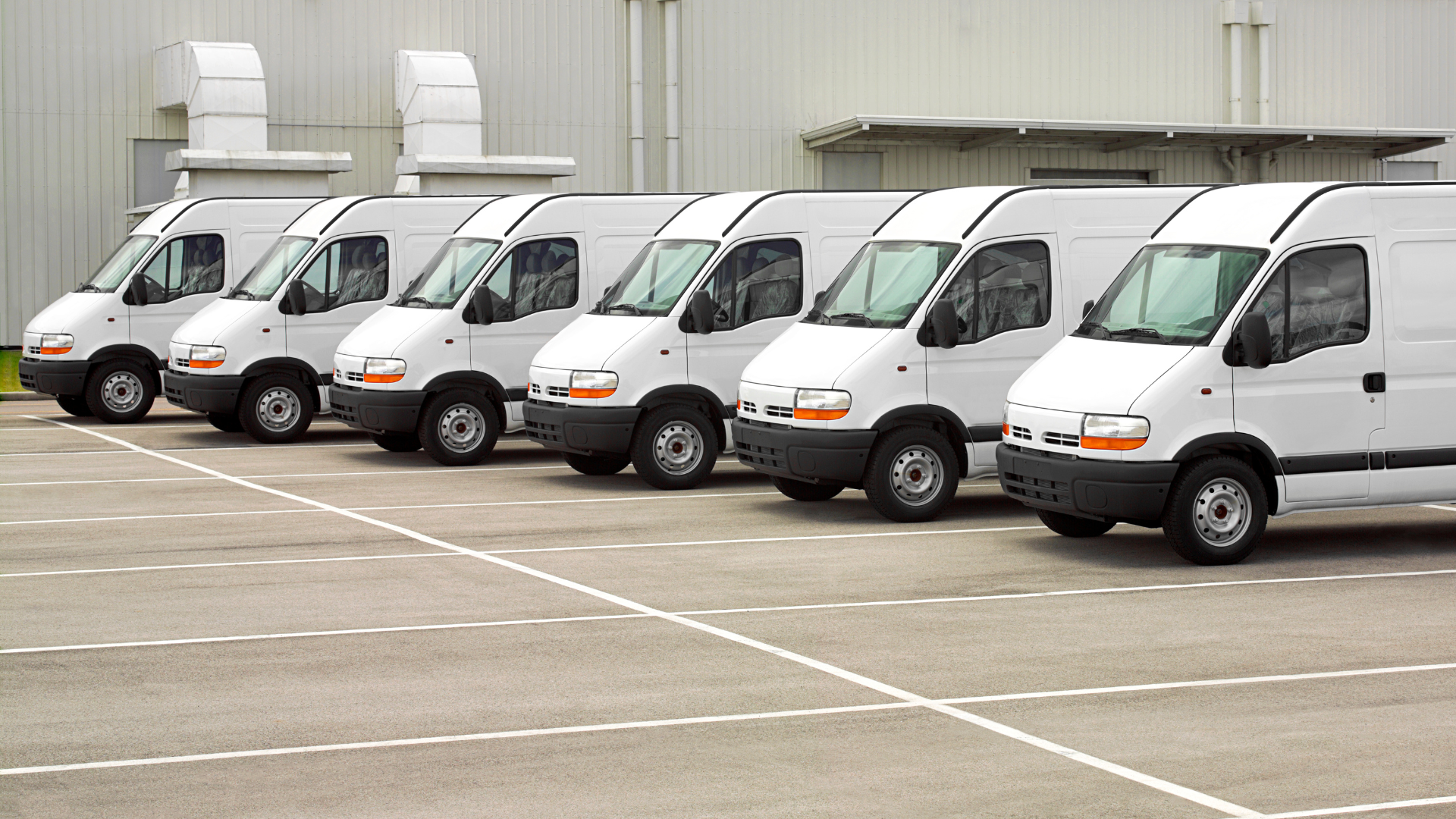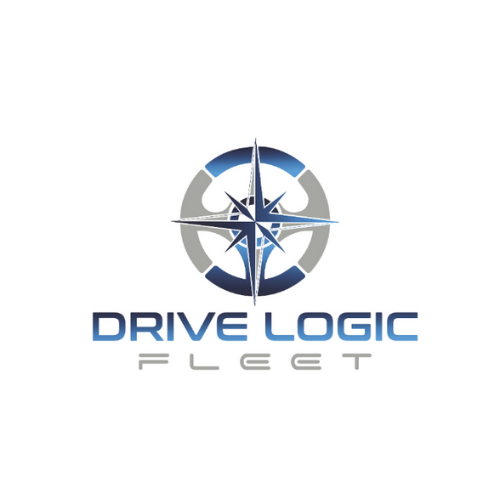Buy or Lease? The Best Strategy for Growing Your Fleet!
Buy or Lease? The Best Strategy for Growing Your Fleet!
When expanding your transportation business, one of the most critical decisions you'll face is whether to buy or lease vehicles. Both options have their own financial and operational advantages, and the best strategy depends on your business goals, budget, and growth plans. This guide breaks down the pros and cons of buying versus leasing to help you make the most profitable decision for your fleet.
1. Buying Your Fleet: Pros and Cons
✅ Advantages of Buying
Ownership and Asset Value: When you buy vehicles, you build equity. Once the loan is paid off, you own the vehicles outright, making them assets on your balance sheet.
Unlimited Mileage: Purchased vehicles come without mileage restrictions, which is ideal for high-use transportation services such as shuttle, taxi, and NEMT operations.
Tax Benefits: You can claim tax deductions on vehicle depreciation, loan interest, and maintenance costs, reducing your overall tax liability.
Customization Flexibility: As the owner, you can customize your vehicles with branding, specific features, or luxury upgrades without restrictions.
❌ Disadvantages of Buying
Higher Upfront Costs: Purchasing vehicles requires a significant initial investment or loan, which can strain cash flow.
Maintenance and Repairs: As vehicles age, you’ll be responsible for all repair and maintenance expenses.
Depreciation: Vehicles lose value over time, reducing their resale potential.
2. Leasing Your Fleet: Pros and Cons
✅ Advantages of Leasing
Lower Initial Costs: Leasing requires a smaller upfront payment and typically lower monthly payments compared to purchasing, which helps you preserve cash flow.
Newer Vehicles: Leasing allows you to access newer vehicles with the latest technology, fuel efficiency, and safety features without the long-term commitment.
Reduced Maintenance Costs: Most lease agreements cover maintenance and repairs, reducing your overall expenses.
Tax Benefits: Lease payments are generally tax-deductible as business expenses, lowering your taxable income.
❌ Disadvantages of Leasing
Mileage Limits: Leases typically include mileage caps, which may not be suitable for high-mileage transportation services.
No Asset Ownership: Leasing means you do not own the vehicles, so you miss out on potential resale value.
Ongoing Payments: You will always have recurring monthly payments without ever owning the vehicles.
3. Key Factors to Consider When Choosing Between Buying and Leasing
✅ Fleet Size and Usage:
If you operate a high-mileage fleet (e.g., shuttle or NEMT), buying may be more cost-effective in the long run.
For smaller fleets or luxury transportation services, leasing offers flexibility and access to newer vehicles.
✅ Cash Flow and Financing:
Leasing is ideal if you want to preserve capital for marketing, staffing, or expansion efforts.
Buying is preferable if you have the financial stability to handle higher upfront costs.
✅ Long-Term Business Goals:
If you plan to expand and sell your fleet later, owning vehicles adds asset value to your business.
If you prioritize keeping a modern, reliable fleet without the hassle of selling older vehicles, leasing is a better option.
4. Hybrid Approach: Combining Buying and Leasing
Many fleet owners adopt a hybrid model by purchasing core, high-use vehicles while leasing premium or seasonal-use vehicles. This strategy offers a balance of asset ownership and flexibility.
5. Final Recommendation: Which Strategy is Best for Your Fleet?
Buy if: You prioritize asset ownership, plan for long-term stability, and operate high-mileage vehicles.
Lease if: You want lower upfront costs, access to newer vehicles, and the flexibility to upgrade regularly.
Conclusion:
The decision to buy or lease vehicles for your fleet depends on your financial goals, operational needs, and long-term business strategy. Carefully assess your cash flow, mileage needs, and growth plans before making your decision.
If you're unsure which strategy is best for your transportation business, consider consulting with a fleet management expert to develop a tailored plan that maximizes profitability and sustainability.




Educational Resources Hub
Explore valuable content designed to help you grow your fleet business and stay ahead of the competition.
Resource Categories:
Blog Articles (Fleet Tips, Financing Advice)
Case Studies (Success Stories)
Downloadable Guides
Contact us at:
drivelogicfleet@gmail.com
icarridetransportation@gmail.com

